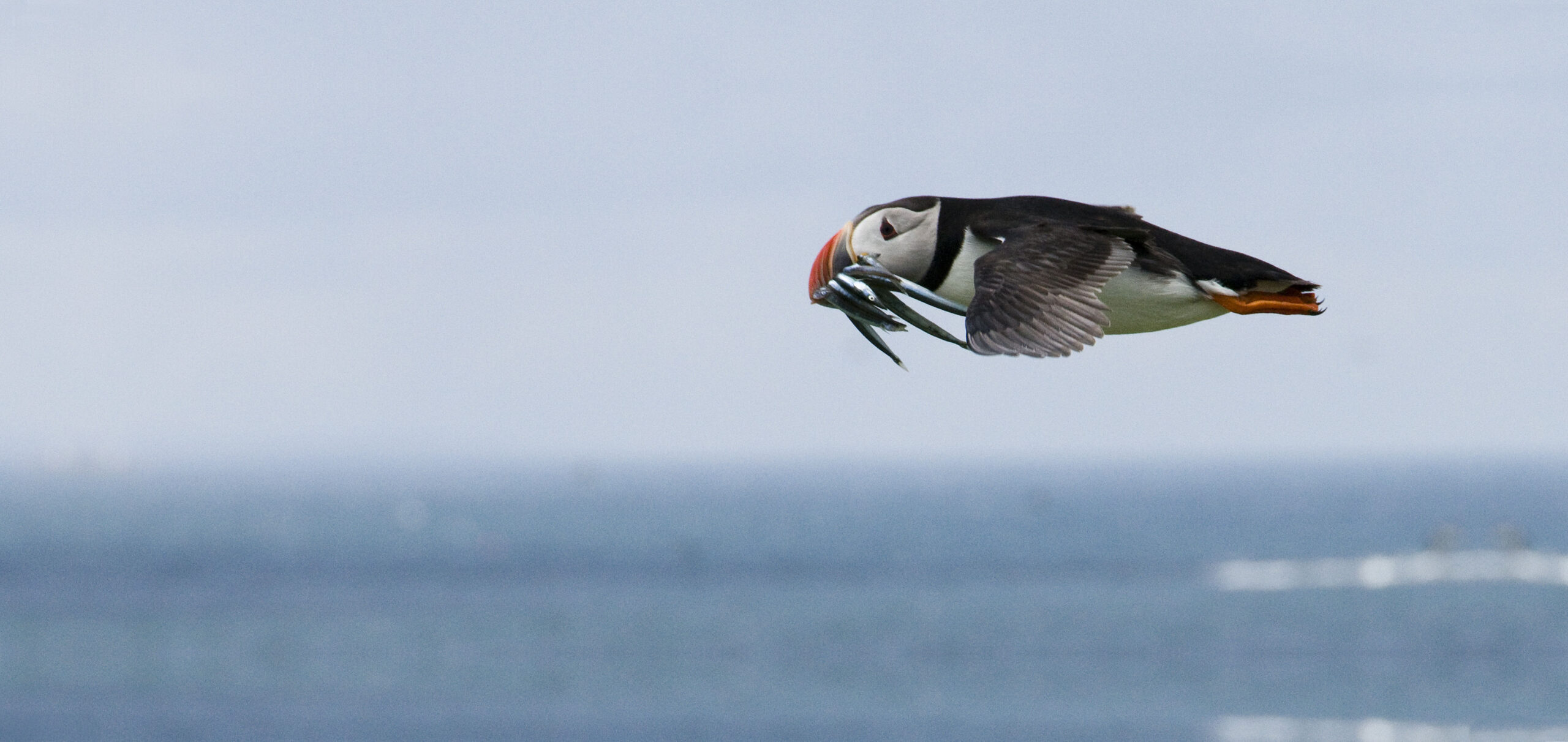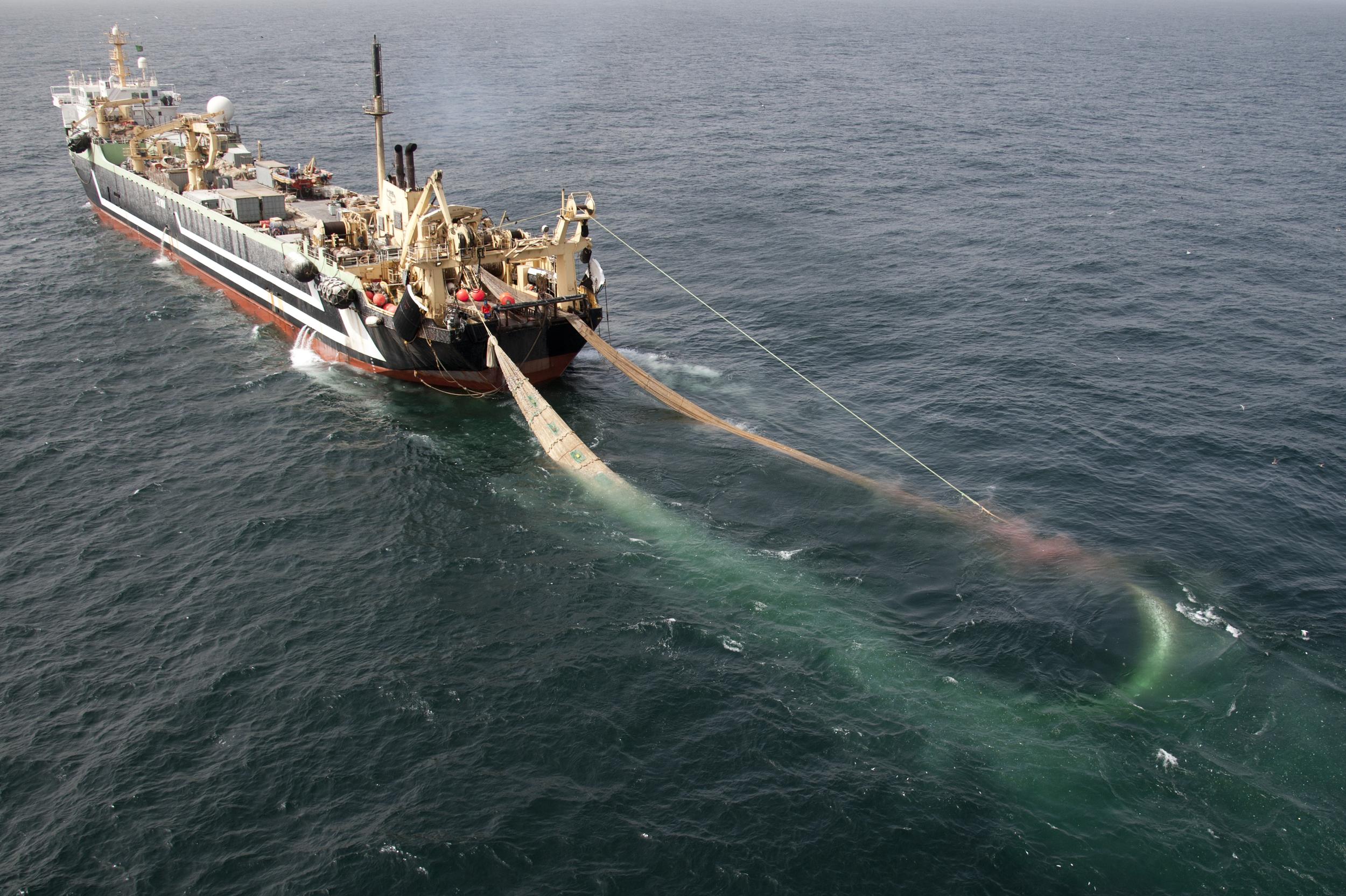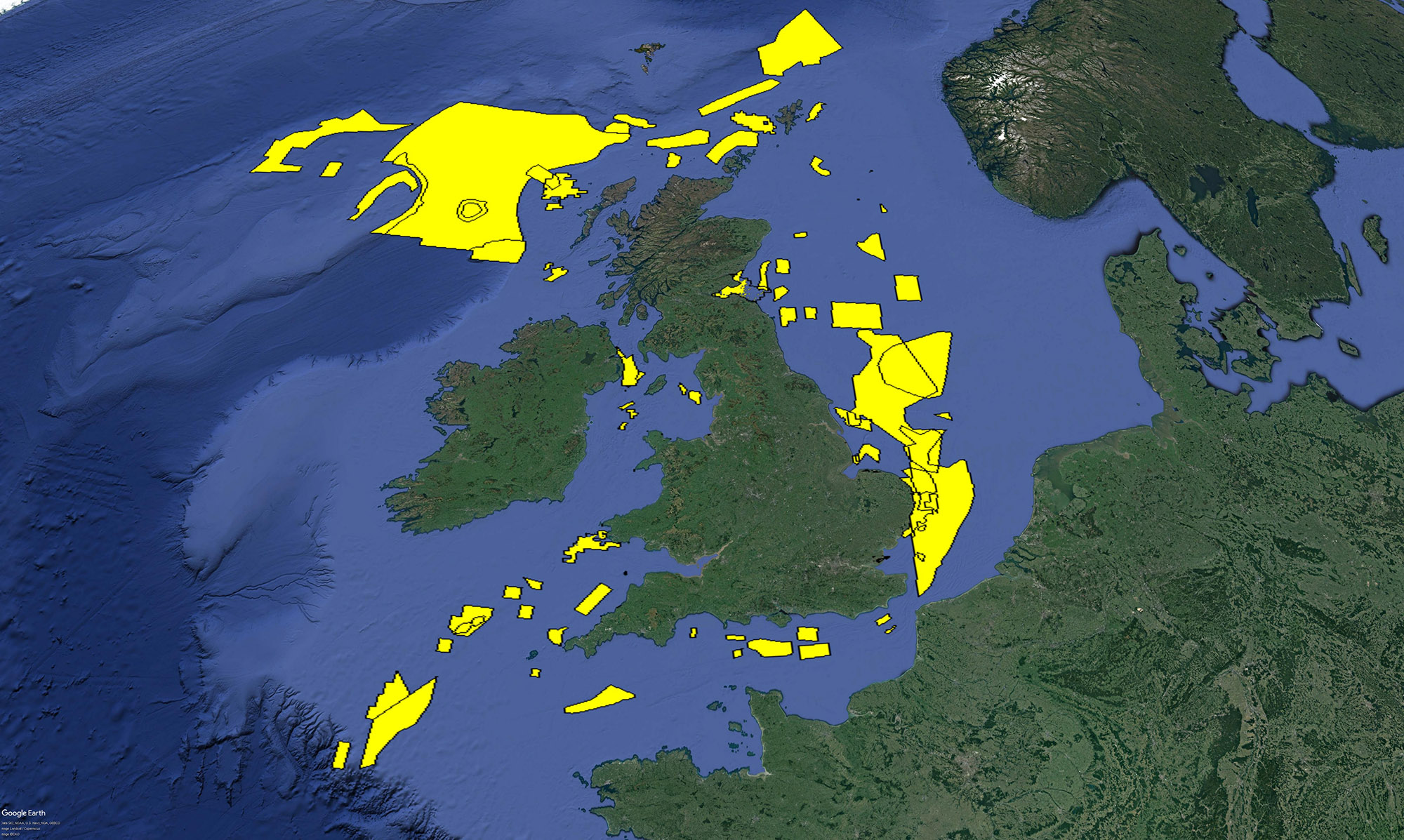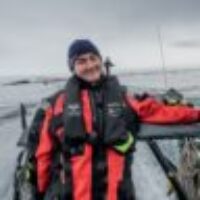
The Greenpeace campaign to safeguard the UK’s Marine Protected Areas (MPAs) from destructive fishing has made impressive headway so far, thanks to your amazing support.
The government is proposing to completely ban bottom trawling in a couple of important Marine Protected Areas, including the Dogger Bank where we built the UK’s first ever underwater boulder barrier last year to stop bottom trawling.
This step was almost unimaginable a couple of years ago, and is a vital step towards real marine protection here in the UK. And it couldn’t have happened without the work of Greenpeace supporters, petition signers and activists.
Big plans – but no details yet
But even more significantly, in the last week the government confirmed that there are plans in the works to restrict bottom trawling activity in 40 other offshore English MPAs.
Before we get too excited, it’s worth remembering that we haven’t seen the details yet.
All we know is that there are plans in development to restrict bottom trawling to some extent in England’s 40 MPAs over the next 3 years. Whether or not these proposals will go far enough to properly protect our seas remains to be seen.
How the government can do this properly
So what would these proposals need to do to be genuinely effective?
No half-measures
Firstly, they must all be full bans on bottom trawling in the whole of each protected area. Partial protection doesn’t work, both ecologically and economically. This is demonstrated clearly in the scientific literature, for example in this study released recently in Conservation Biology, an academic journal. The researchers compared ecosystem health in fully protected MPAs, partially protected MPAs, and coastal areas with no protections in place. They found no major differences between partially protected MPAs and those coastal areas with no protection. Meanwhile, in fully protected areas they discovered there were more species and bigger fish than in unprotected areas, in line with previous research on the topic.
“In fully protected areas, researchers discovered there were more species and bigger fish than in unprotected areas.”
This is also acknowledged by the government in their own consultation documents. For the Dogger Bank, the government documents state that a complete ban on bottom trawling in the entire protected area is the preferred option to provide the level of protection it needs.
Key ideas
Marine Protected Areas
Special parts of the sea that have some kind of protection – usually not enough!
Bottom trawling
A destructive fishing technique that involves dragging weighted nets over the sea floor.
30 by 30
Greenpeace’s rescue plan for the world’s oceans. Would put 30% of the seas off limits to harmful industries by 2030.
Ban all destructive fishing
Secondly, supertrawlers, as well as bottom trawlers, should be banned from all MPAs. In 2019, industrial supertrawlers, which are over 100 metres in length and hoover up huge amounts of fish from the middle of the water column, fished in 39 offshore UK MPAs.
While bottom trawlers directly damage the seabed, supertrawlers are just as bad by removing vast amounts of fish and having knock-on effects upon the rest of the ecosystem. Banning bottom trawlers from offshore MPAs, but still allowing supertrawlers, would be like carefully locking your front door when you go out, but leaving your side windows wide open. In a nature emergency, neither of these incredibly destructive practices should be allowed in our so-called protected areas.
Do it quickly
Finally, restrictions on destructive industrial fishing in these 40 MPAs need to become a reality sooner rather than later. We are living through a climate and nature emergency. We need urgent and ambitious solutions which reflect the scale of the emergency facing us.
If the government chooses to follow a glacially slow approach of introducing local bylaws following lengthy consultations for each of the 40 MPAs, as it is doing for the Dogger Bank, it could take years, if not decades, before all 40 have tangible and sufficient protections against bottom trawling in place.

Giant fishing ships known as ‘supertrawlers’ should be banned from the UK’s Marine Protected Areas. © Pierre Gleizes / Greenpeace
We need to fully protect 30% of our planet’s oceans by 2030 to give them a chance to recover, and remain healthy for future generations. The UK government has backed the target of fully protecting 30% of our planet’s oceans by 2030, and is working to unite nations behind this target via the Global Ocean Alliance, but this work on the world stage doesn’t matter if the UK government can’t even properly protect our waters here in the UK. Our government needs to step up and properly protect our MPAs here in the UK with an urgency and ambition that reflects the climate and nature crises facing us.
The government is overcomplicating this
A much faster way of achieving protection across all of the UK’s MPAs would be to introduce restrictions in the licenses granted to fishing vessels to permit them to operate in UK waters. Essentially, instead of doing it on a site by site basis, our government could restrict fishing operations in all of these MPAs by the types of fishing gear which can be used inside each.

There are 76 Offshore Marine Protected Areas (MPAs) are in place all around the UK. An offshore MPA is one that’s more than 12 miles from land.
The government could introduce new licensing conditions inside MPAs tomorrow if it wanted.They’ve already used these new post- Brexit powers to ban electric pulse trawlers, which quite literally fish by electrocuting the water to shock sea creatures into the nets, from fishing in the UK.
This approach would also allow the government to extend destructive fishing bans to all of the UK’s 76 offshore MPAs – not just the 40 in England – if the Scottish, Welsh and Northern Irish Authorities agreed to work together on it.
Treat this like an emergency
We are facing a nature and climate emergency. Every extra day we allow bottom trawlers to rip up protected seabed and supertrawlers to extract tonnes of fish from sensitive ocean ecosystems is another day we’re allowing vital marine habitats to be wrecked, fish stocks decimated, and allowing vast quantities of carbon safely stored in the seabed to be released. So this urgency isn’t just a nice to have, it’s utterly essential.
While we wait to see the details, we will keep putting pressure on our government and on the fishing industry, and we will keep fighting for our oceans until 30% of the UK’s waters, and 30% of our planet’s oceans, are totally off limits to all destructive industrial fishing activity. This would give our oceans space to recover, safeguarding them for every generation to come.
